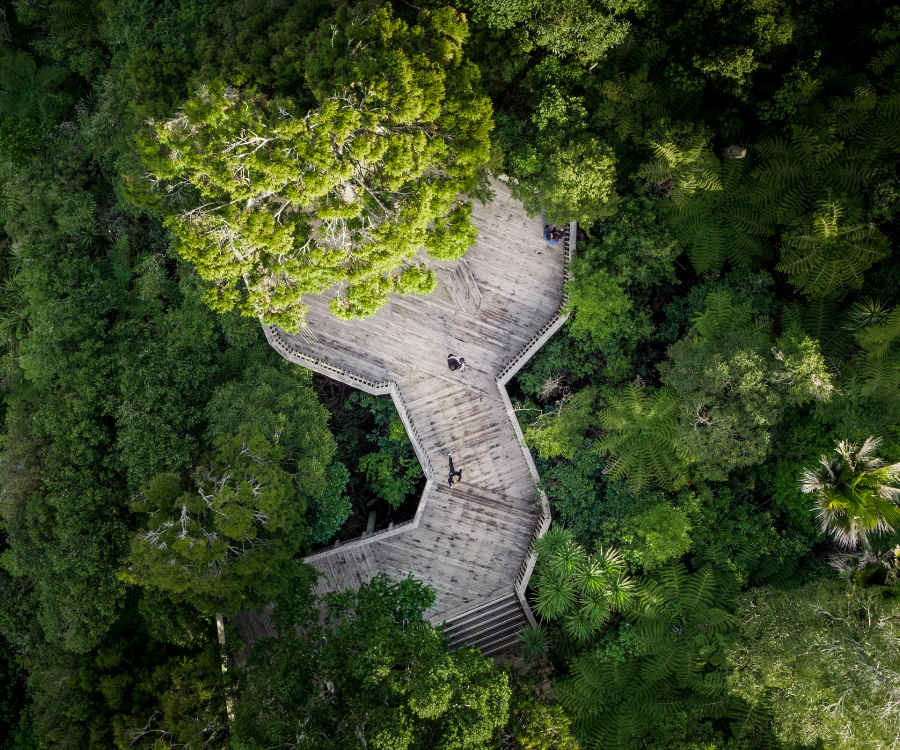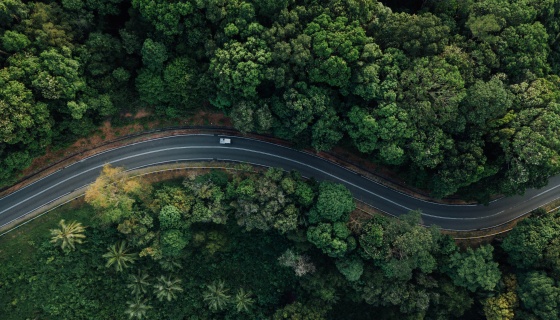Horrocks says the sector has already taken significant steps across productions in recent years, in response to emerging sustainability issues and challenges.
“From waste and water management to power consumption and the carbon footprint of cast and crew travel, there is clearly serious work to be done.
“We are seeking to assist the development of strategy and practices that equip the sector with the goals, consistency of approach and tools to embed sustainable practices at the heart of everything we do.
“Whilst the report focusses on emissions reduction, the physical impacts of climate change on the sector, many of which are already occurring, must also be addressed if we are to build a resilient climate-proof sector.”
International partners and competitors are moving at pace. Sustainable Screens Australia, launched in October, brings together 16 leading industry organisations. It is one a raft of international initiatives – Europe, the United States, United Kingdom and Canada each have significant initiatives in place, with further development underway.
Studios are setting ambitious sustainability goals and increasingly requiring their partners and suppliers to do the same.
“We not only need to ensure we are meeting our own responsibilities, but our national screen sector needs to get ahead of the curve of emissions reduction, sustainability and regenerative practices if we wish to remain competitive.
“Production expenditure and jobs, as much as the environment, are at stake. Significant action requires not just a Team Tāmaki Makaurau approach but a Team Aotearoa one.”
Horrocks says New Zealand’s domestic audience is also important with a demonstrated commitment to screen sustainability a way the sector can show government and the public, that the industry is innovative and responsible to their environment, funders, and communities.
“By bringing leadership and focus to this issue, Screen Auckland believes we can play a pivotal and productive role.”
It will reach out to screen practitioners – a significant number of industry members took part in the consultation for the report – and a wide range of Aotearoa New Zealand’s screen representative organisations including Film Auckland and RFONZ, the 10 Regional Film Offices of New Zealand.
“We engage with the iwi of Tāmaki Makaurau on matters of key importance to the region’s screen sector. Sustainable and regenerative practices are built in to Te Ao Māori world-view and tikanga, and tangata whenua are natural leaders and collaborators in this space.”
It will also work within Tātaki Auckland Unlimited – including the Climate Innovation and Sustainability Team , and national bodies such as the New Zealand Film Commission, NZ On Air, Te Māngai Pāho, Ministry of Business, Innovation and Enterprise, Ministry for Culture and Heritage.
Screen Auckland anticipates working more closely with Greenlit, New Zealand’s grassroots organisation dedicated to developing the strategy and tools required for implementing sustainability within the screen sector.
- Screen Auckland will host an online hui to present the Aotearoa New Zealand Screen Sector Emissions Study: Kua takoto te mānuka, hear from partners, and discuss next steps on Tuesday, February 21 at 2:30pm. The hui is open to anyone working in the industry. Participants can join the online hui here.

